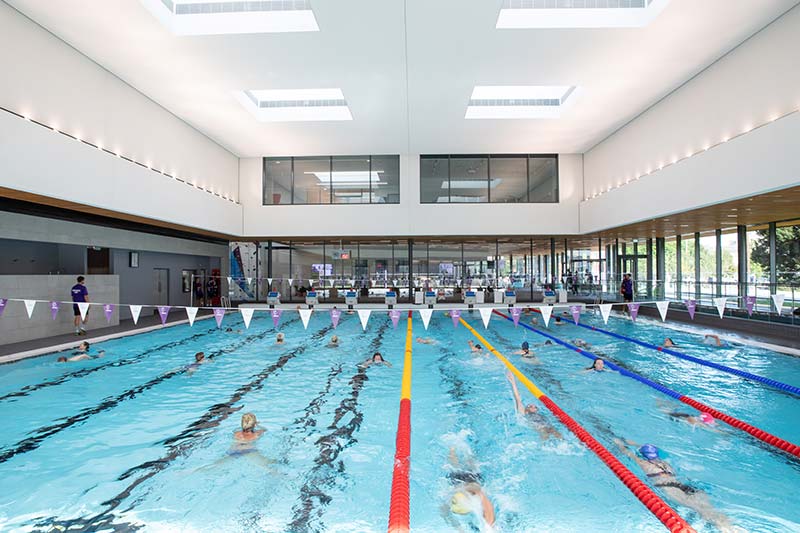Overview
If you're ready to take your existing knowledge and qualifications in Civil Engineering into a postgraduate research degree, Portsmouth is the place to do it.
With climate change and pollution at the forefront of public concern and political debate, we're exploring ways to transform our civil engineering expertise into real-world solutions to the planet's environmental crises.
We're finding new ways to make construction projects more efficient, sustainable and environmentally-friendly, searching for sustainable ways of tackling the pollution caused by increased urbanisation, and developing the technology needed to deal with new pollutants – including pharmaceuticals and microplastics – in the environment.
Join us and study for a postgraduate research degree, and you'll have the opportunity to make your own unique contribution to the outstanding work we're doing.
Support and facilities
When you join us, you'll be supported by our Graduate School, alongside your assigned supervisory team, who'll help you get the most from our facilities. The Graduate School will help you become part of our thriving, collaborative research community, and help grow your skills as a researcher through the Graduate School Development Programme, which offers training, workshops and events.
Our key facility is the Environmental Technology Field Station at Petersfield sewage works, where we have labs and testbeds for pilot plants. We also have environmental engineering and hydraulics laboratories at the main campus.
What can a postgraduate research degree do for my career?
Once you complete your postgraduate research degree, you'll be a highly-skilled researcher with the knowledge and skills to make an impact in many different industries.
Your postgraduate research qualification demonstrates to potential employers that you're an intelligent, capable and motivated person, with provable abilities and experience in critical thinking, problem-solving, project management, communication, leadership and creativity.
















